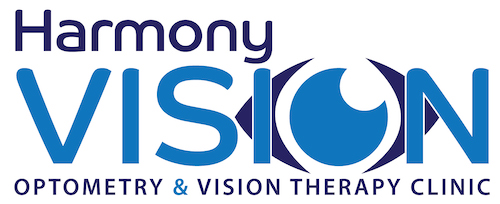Vision and ADHD
A recent large population study concluded “In this large nationally representative sample, the prevalence of ADHD was greater among children with vision problems not correctable with glasses or contacts. The association between vision problems and ADHD remains even after adjusting for other factors known to be associated with ADHD.”
The study includes an interesting quote about vision “Because vision plays such an important role in acquiring information, it is easy to see how vision problems might impact attention and how more severe vision problems would have a greater effect.”
Yet the study reports that there was a greater correlation between mild and moderate vision problems and ADHD. Some of this can be due to the methods of data collection in the study, but I would like to offer an alternative opinion. Mild to moderated vision problems, “not correctable by glasses or contact lenses”, implies that the children do not have significant sight or refractive error problems ie need glasses to see clearly. There is a continued assumption that sight problems are related to difficulties with attention and learning, but clinically the children we see with sight problems don’t have difficulties with attention nearly as often as those with good sight. Why?
Reduced sight doesn’t necessariy interfere with attention, particularly at near distances, and it could be argued, this is the distance where kids do most of their learning nowadays. Vision problems that interfere with attention are more likely to be issues with control over focussing ability (again this affects near not far), convergence (affects near more than far), and fixation control (can affect all distances but greatest impact in the classroom is typical at near). These sort of vision problems are NOT picked up by reduced acuity on a distance letter chart, and need specific testing. This means they are easily overlooked if the eyecare practitioner doesn’t specifically test for them.
These vision problems do not cause ADHD, but could mean some children are mistakenly believed to have ADHD if the vision problem is not ruled out. Now, if these “mild” vision problems have such an association with attention, should we really be saying they are indeed “mild” just because sight is fine?
